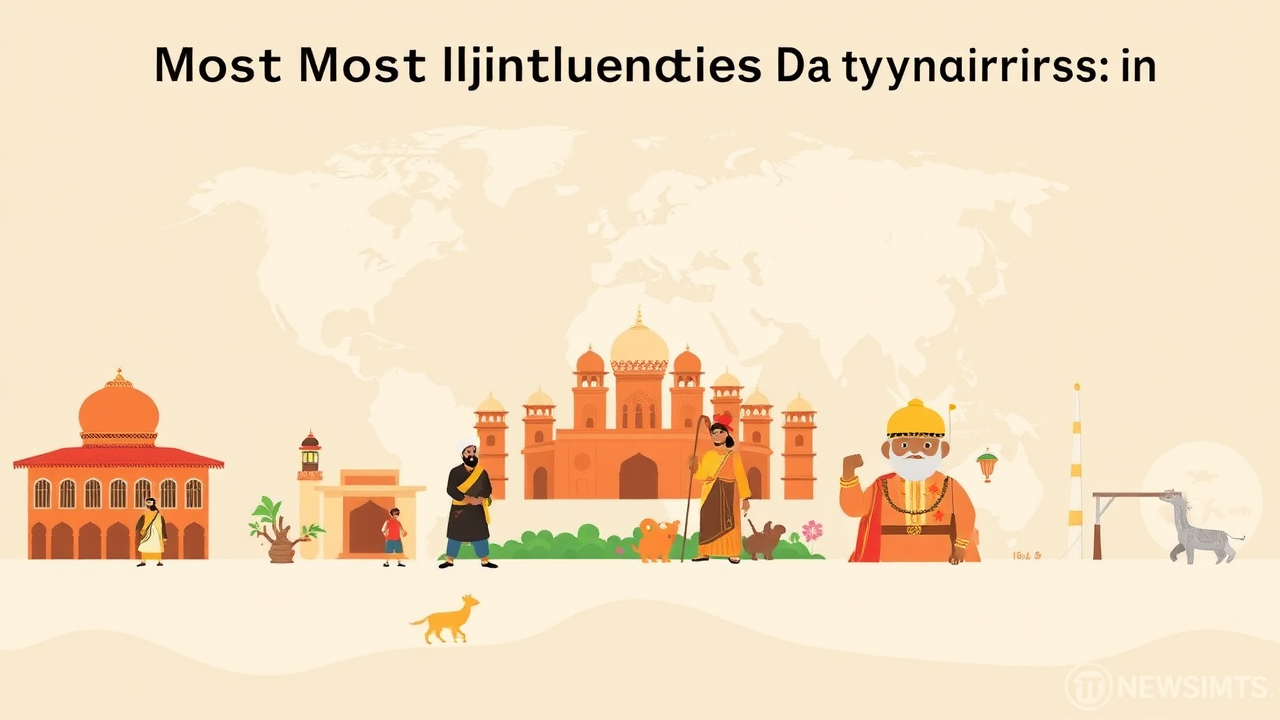 NewsIMTS
NewsIMTS600 years marked the reign of the Ottoman Empire, one of the world's most influential dynasties. The Romans unified much of Europe, establishing foundations for Western law, architecture, and governance. Persian rulers created advanced administrative systems across Asia, Africa, and Europe. Han emperors consolidated Chinese identity and spread innovations like paper-making and the Silk Road network. The Maurya Empire under Ashoka unified most of India, promoting Buddhism and social welfare policies. Mongols built the largest contiguous land empire, opening vast trade routes across Eurasia. The Achaemenids were known for early human rights through Cyrus the Great's Charter. The British Empire spread English language globally, making it today's lingua franca. These powerful dynasties shaped modern political systems, cultural exchange, and global civilization through their governance and innovations. (Updated 3 Nov 2025, 12:33 IST; source: link)
Ancient Empires That Shaped Modern Civilization
The Roman and Persian dynasties created foundations that still influence our world today. Romans unified Europe through advanced systems of law, engineering, and governance that became models for many modern nations. Their roads, aqueducts, and architectural designs remain visible across continents. Similarly, Persian rulers developed sophisticated administrative systems that efficiently governed diverse populations across Asia, Africa, and Europe. The Achaemenid dynasty under Cyrus the Great introduced early concepts of human rights and religious tolerance. These ancient powers established patterns of governance, cultural exchange, and technological innovation that shaped how civilizations would develop for centuries afterward.
Asian Dynasties That Connected the World
The Han, Maurya, and Mongol dynasties transformed Asia and created global connections. Han emperors unified China culturally and economically, spreading innovations like paper-making and establishing the Silk Road trade network that connected East with West. In India, the Maurya Empire under Ashoka united most of the subcontinent, promoting Buddhism and implementing welfare policies that were revolutionary for their time. The Mongols, though initially feared as conquerors, built the largest connected land empire in history. Under their rule, trade routes opened across Eurasia, allowing unprecedented exchange of goods, ideas, and technologies between distant civilizations. These Asian powers created lasting cultural identities while facilitating global interaction.
Key Points
- 600 years marked the reign of the Ottoman Empire, one of the world's most influential dynasties.
- The Achaemenids were known for early human rights through Cyrus the Great's Charter.
- The British Empire spread English language globally, making it today's lingua franca.
